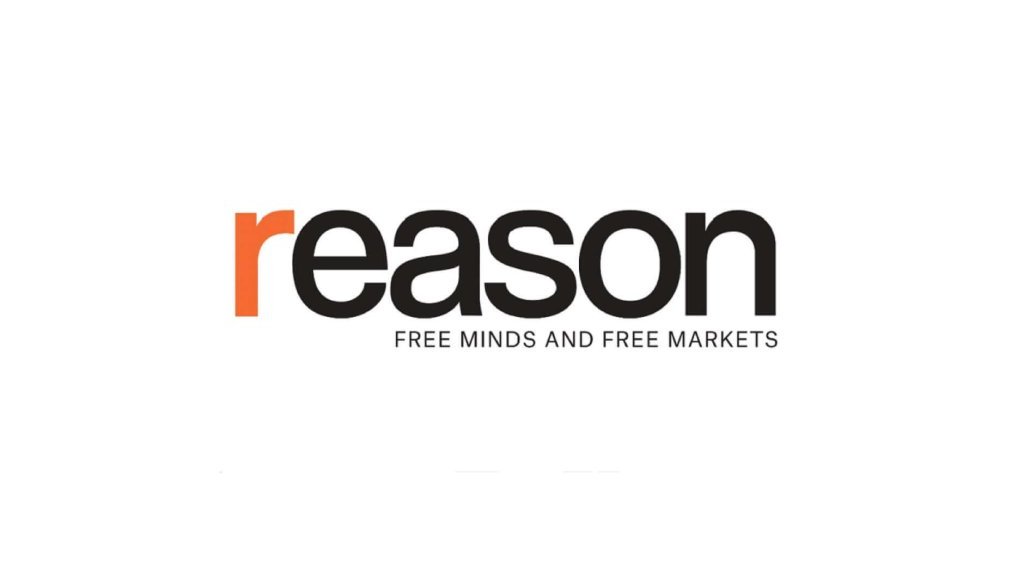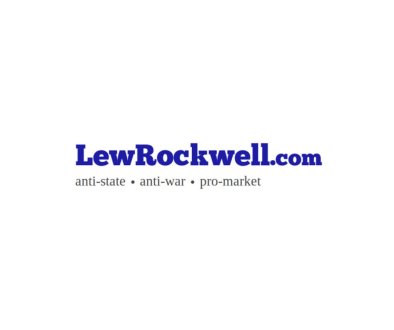Trump’s Role Model McKinley Tariffed His Way to Imperialism
Hardly a day goes by during the frenetic first fortnight of his presidency that Donald Trump does not lavish praise on his late-19th century predecessor William McKinley, a.k.a. the “Napoleon of Protection.”
“President McKinley made our country very rich through tariffs and through talent — he was a natural businessman,” Trump enthused during his inauguration speech. At a rally in Las Vegas Saturday, the president asserted that the high-tariff era of 1870–1913 was “the richest our country ever was,” attributing those protectionist policies to the man who wrote the major tariff increase of 1890 and then signed another into law in 1897. And most symbolically, Trump on his first day in office re-re-christened North America’s tallest peak as “Mount McKinley.”
But the text of that executive order, coupled with the president’s promiscuous daily threats of punitive tariffs, illustrate the recklessness of hewing too closely to McKinley’s mercantilism.
Trump’s declarative re-mounting of McKinley begins not with the 25th president’s performance as “Tariff Man,” but rather with some straight-up imperialism: “[He] heroically led our Nation to victory in the Spanish-American War. Under his leadership, the United States enjoyed rapid economic growth and prosperity, including an expansion of territorial gains for the Nation.” Not subtle, that.
For McKinley and his Republican Party, whose stranglehold on the White House from 1870 to 1912 was interrupted only by the non-consecutive terms of Democrat Grover Cleveland (1885–89, 1893–97), industrial protectionism and colonial expansionism were logical sides of the same coin. Trade rivals were viewed with zero-sum wariness, less-developed countries were treated with paternalistic disdain, and deep-water ports along plum shipping routes were eyed greedily for the plucking.
“We demand such an equitable tariff on foreign imports which come into competition with the American products as will not only furnish adequate revenue for the necessary expenses of the Government, but will protect American labor from degradation and the wage level of other lands,” declared the GOP platform of 1896. (Tariffs, until the revenue-swapping adoption of the federal income tax in 1913, were Washington’s dominant source of funding.) Meanwhile: “The Hawaiian Islands should be controlled by the United States, and no foreign power should be permitted to interfere with them. The Nicaragua Canal should be built, owned and operated by the United States. And, by the purchase of the Danish Islands we should secure a much needed Naval station in the West Indies.”
Given that Trump seeks to reassert American control over the Panama Canal, purchase the Danish island of Greenland, and make sure that no foreign power be permitted to interfere with arctic shipping routes, all while increasing tariffs on foreign imports which come into competition with American products, it’s no wonder that he’s a fan of the guy who successfully ran on that platform. On the right, some otherwise skeptics of American interventionism find wisdom or even excitement in reanimating an aggressive, Monroe Doctrine-style assertion of U.S. interests in its Near Abroad.
They should rethink. The long and dishonorable tradition of America engaging in regime-cha
Article from Reason.com

The Reason Magazine website is a go-to destination for libertarians seeking cogent analysis, investigative reporting, and thought-provoking commentary. Championing the principles of individual freedom, limited government, and free markets, the site offers a diverse range of articles, videos, and podcasts that challenge conventional wisdom and advocate for libertarian solutions. Whether you’re interested in politics, culture, or technology, Reason provides a unique lens that prioritizes liberty and rational discourse. It’s an essential resource for those who value critical thinking and nuanced debate in the pursuit of a freer society.




